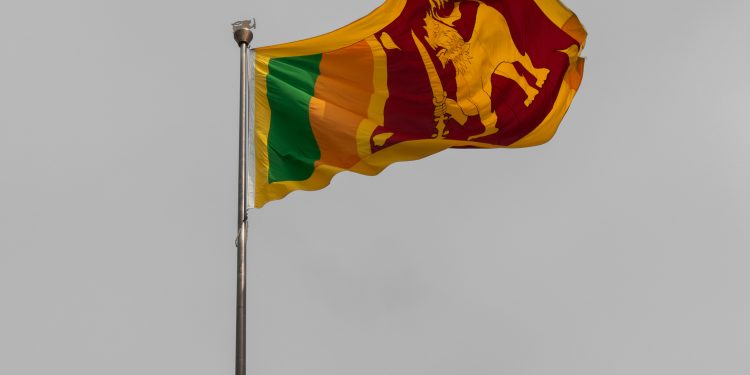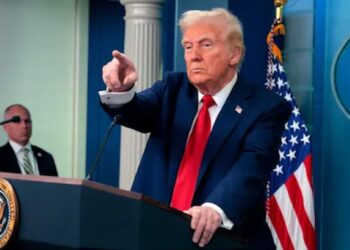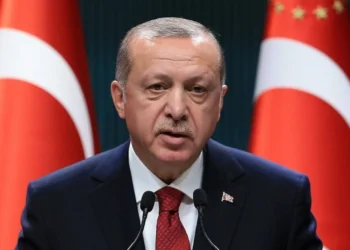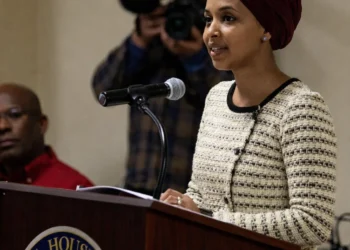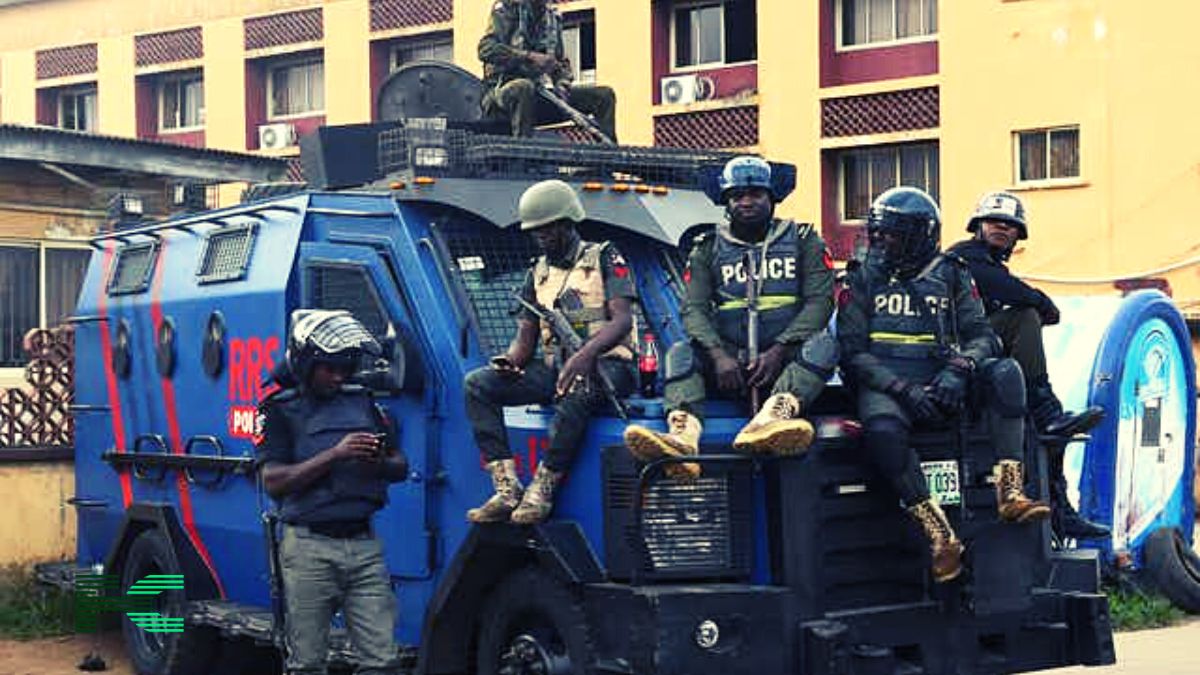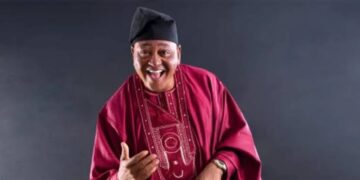Sri Lanka’s former President Ranil Wickremesinghe has been arrested on charges related to alleged misuse of state funds during his 2022-2024 presidency, marking an unprecedented moment in the island nation’s political history.
The 76-year-old political veteran, who served six separate terms as prime minister and ultimately ascended to the presidency during the country’s worst economic crisis, now faces three specific charges related to foreign trips taken while in office.
His appearance at Colombo Magistrates Court on Friday followed extensive questioning by Sri Lanka’s Criminal Investigations Department (CID), creating a dramatic fall from grace for the leader once credited with stabilizing the nation’s economy.
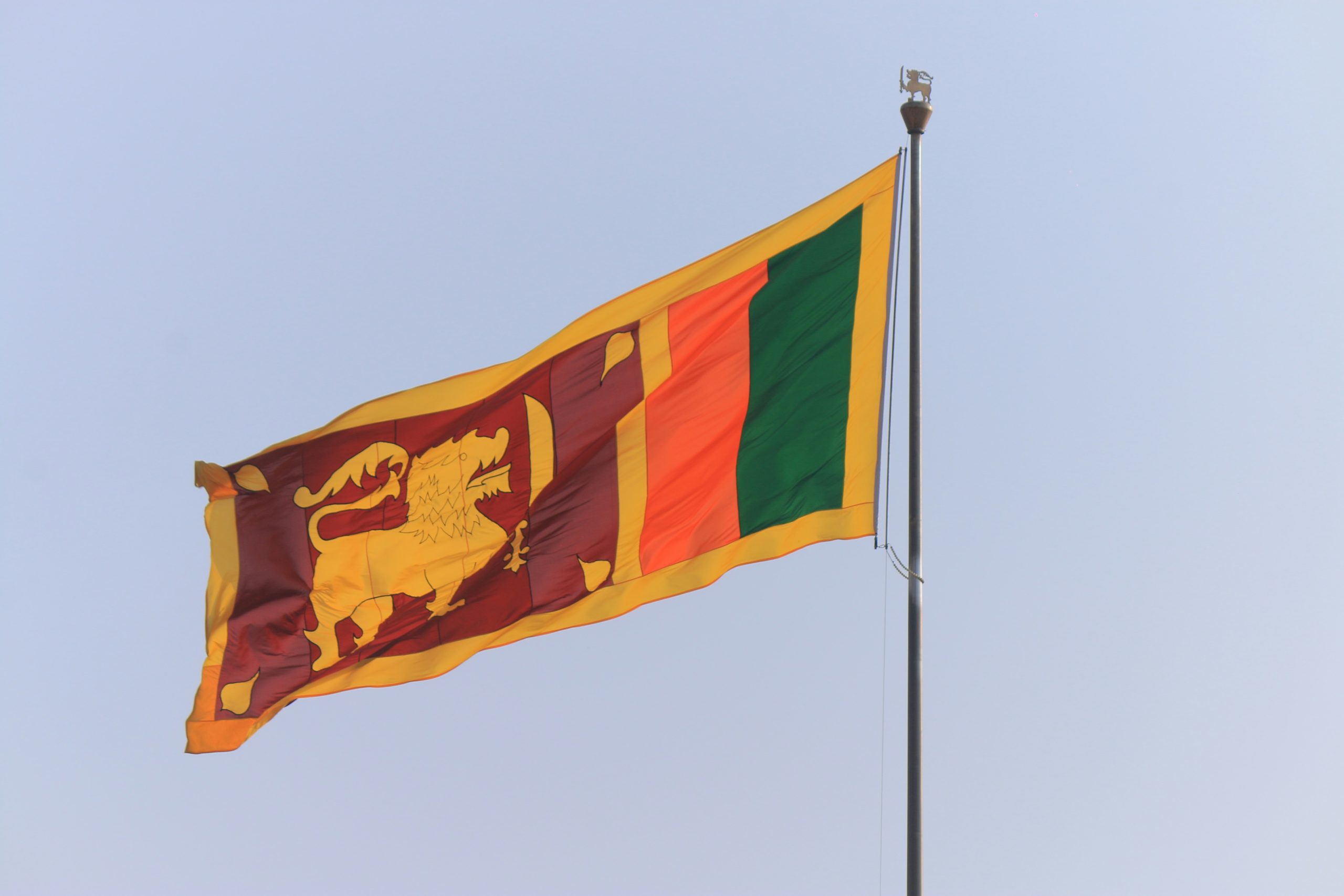
The immediate arrest centers on a September 2023 stopover in the United Kingdom following Wickremesinghe’s attendance at the G77 summit in Cuba. According to CID investigators, the president and his wife attended a ceremony at the University of Wolverhampton during this layover, allegedly using state funds for what authorities characterize as private travel.
This specific incident forms part of a broader pattern under investigation, as Wickremesinghe’s 23 international trips during his presidency reportedly cost approximately Rs 600 million ($2 million) according to BBC Sinhala. The former president has consistently denied any wrongdoing, maintaining that all travel served official state purposes.
Grace to Grass: From Economic Savior to Criminal Defendant
Wickremesinghe’s arrest represents a stunning reversal for a leader who assumed power under extraordinary circumstances in 2022, when mass protests over economic collapse forced his predecessor Gotabaya Rajapaksa to flee the country.
Initially hailed internationally for implementing austerity measures that stabilized Sri Lanka’s economy and secured an IMF bailout, Wickremesinghe nevertheless faced domestic criticism for his austerity policies and ultimately lost the 2024 presidential election to left-leaning Anura Kumara Dissanayake. His arrest continues a pattern of legal accountability for high-ranking officials in Sri Lanka, though never before applied to a former president.
Why It Matters
The case marks the first time in Sri Lanka’s history that a former president has faced criminal arrest, establishing a significant precedent for presidential accountability in the South Asian democracy. Wickremesinghe’s political career spans nearly five decades since his first election to parliament in 1977, representing both the longevity and eventual vulnerability of Sri Lanka’s political elite.
A lawyer by profession from an affluent political family, Wickremesinghe once championed anti-corruption efforts himself, notably cleaning up the United National Party’s image through a disciplinary commission targeting corrupt members during his leadership tenure beginning in 1994.
The arrest inevitably raises questions about whether the legal action represents genuine accountability or political retribution following Wickremesinghe’s electoral defeat. His party, the United National Party, was nearly wiped out in the 2020 elections, leaving him as its sole parliamentary representative before his unlikely ascent to the presidency.
The current government, led by President Anura Kumara Dissanayake, campaigned explicitly on anti-corruption platforms, creating natural incentives to pursue high-profile cases against previous administrations. International observers will closely monitor whether judicial proceedings maintain independence from political considerations.

